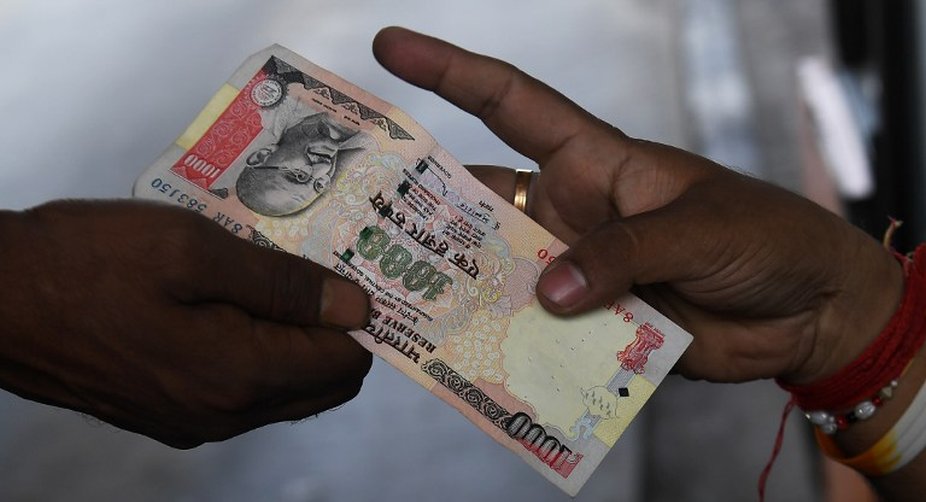Welcoming India’s decision to withdraw high-value banknotes as part of its fight to root out black money, the European Union has said ridding the financial system of “black component” and bringing transparency will strengthen Indian economy and spur growth.
Calling India one of the most attractive investment destinations globally, Vice-President of European Commission Jyrki Katainen also complimented the government for its resolve to roll out the Goods and Services Tax (GST) soon, besides many other reform measures.
On a visit here to push for resumption of stalled negotiations on EU-India Broad-based Trade and Investment Agreement (BTIA), he said fight against tax dodgers and those having ill-gotten wealth will pay dividends and strengthen the financial system.
“All the measures which will reduce black economy are always good for people and the financial system,” he told PTI on government’s decision to withdraw Rs 500 and 1,000 notes.
Referring to GST, he said it is a “very ambitious” and “very necessary” move to reform the tax structure in India that will further boost confidence of investors in India.
The top EU official said investors from European countries are bringing “white clean money” to India and there was a need to resume the talks on BTIA, popularly known as free trade agreement.
EU is one of India’s leading trade partner and the two-way commerce in goods between India and the EU was USD 98.5 billion in 2014-15.
Katainen said flow of European investments into India is set to increase manifold if both sides were able to finalise the BTIA as it will protect the investments.
“EU investors are bringing white clean money into India and that is why the trade deal is very important as it will protect their investments,” he said.
Katainen said India’s existing trade and investment agreement with The Netherlands will come to an end in two weeks while similar pacts with several other EU countries will expire in coming months which will make it difficult for the European corporates to go for fresh investment in India.
He said without such pacts, the cost of capital for India will go up significantly.
As per European Union law, no member country now can go for bilateral trade and investment pact with India as the grouping is in negotiations for a EU-India Broad-based Trade and Investment Agreement (BTIA). By end of 2017, India’s trade and investment pact with 23 countries is likely to expire.
